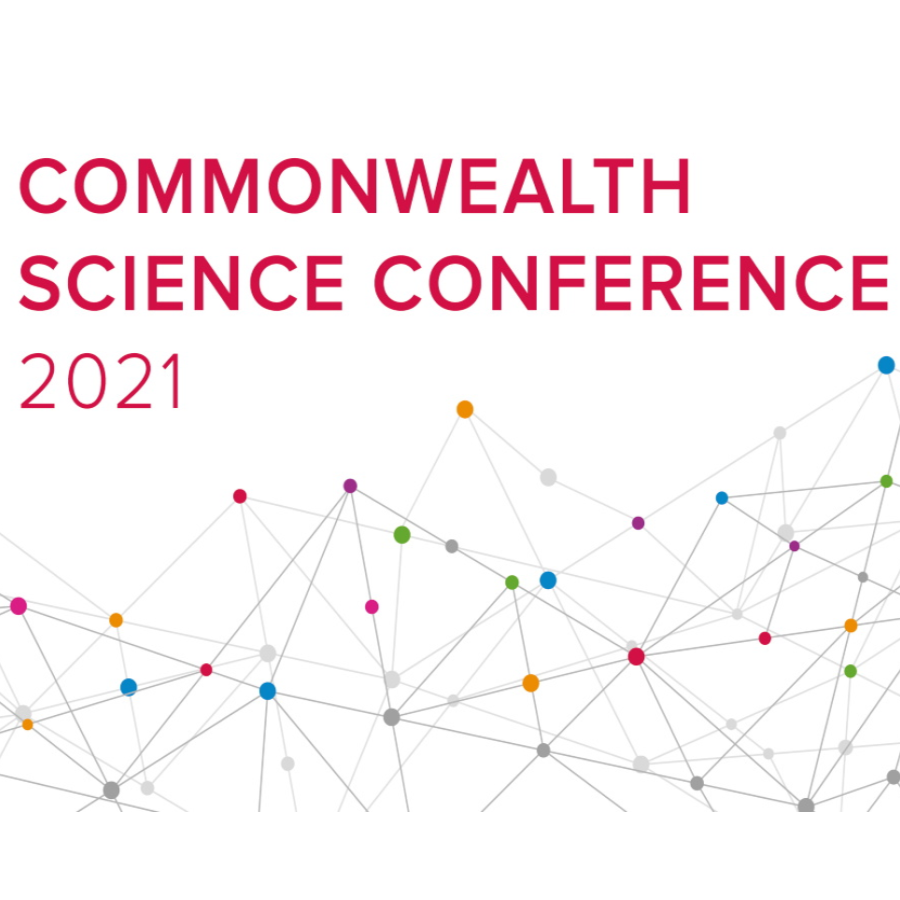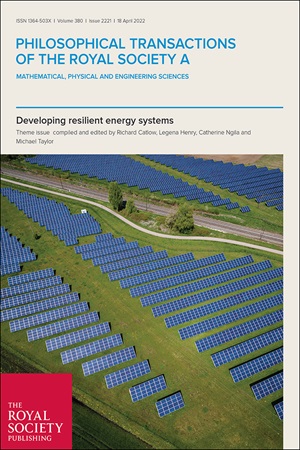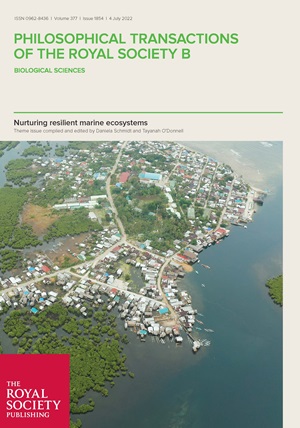We introduce two new Philosophical Transactions theme issues which bring together some of the speakers and attendees from the 2021 Commonwealth Science Conference, hosted by the Royal Society and the African Academy of Sciences.

The need for resilience and sustainability in the systems on which society depends is increasingly recognised as a global priority. It is also clear that to achieve resilience, input from science, technology and innovation will be essential. For this reason, the Royal Society, in partnership with the African Academy of Sciences, chose Science for a Resilient Future as the theme for the third Commonwealth Science Conference, which was held virtually in February 2021. The conference brought together 350 scientists (of whom 270 were early career researchers) from 32 Commonwealth nations to discuss three key areas within the overall theme of ‘science for resilience’: Developing resilient energy systems; Nurturing resilient ecosystems; and Building resilient societal systems.
Two new theme issues published in our journals bring together some of the speakers and attendees from the conference to highlight some of the topics discussed, from photovoltaics and water-energy-food security, to cetacean health and the Blue Economy.
Firstly, an issue of Philosophical Transactions A focused on the theme of ‘Developing resilient energy systems’, edited by Richard Catlow, Catherine Ngila, Legena Henry and Michael Taylor. The development of resilient energy systems is essential for the control of climate change and critical for the development of sustainable and circular modes of production and consumption. As well as wide ranging scientific and technological challenges, there is a complex interplay between science and policy; both of which are illustrated by several of the papers in this issue.

We have also published an issue of Philosophical Transactions B on the theme of ‘Nurturing resilient marine ecosystems’, edited by Daniela Schmidt and Tayanah O'Donnell. This issue discusses the impact of socio-ecological-environmental changes on the ocean and the ecosystem it supports - from coasts, to the services the ocean and coastal locations provide to humankind, and the importance of nature-based solutions for oceans and people. Live coral cover on reefs has almost halved in the past 150 years, and insights like these from the scientific community are essential to better understanding the impacts of climate change and human activity on the world's oceans.

The papers in both issues were written against the backdrop of 2021 as a critical year to address climate change impacts and adaptation, and to halt and reverse biodiversity loss. The topics raised in these issues are of significant global importance, as was clear from the conference itself. Indeed, the Commonwealth, as a network of both developed and developing nations, provides an effective forum for the discussion of resilience in the global context. We hope that the work discussed in both of these issues will help to stimulate and develop global interactions and collaborations in these crucially important fields of research.
To read more content from Philosophical Transactions A and Philosophical Transactions B, or to read about the benefits of being a Guest Editor, please visit the Royal Society Publishing website.





